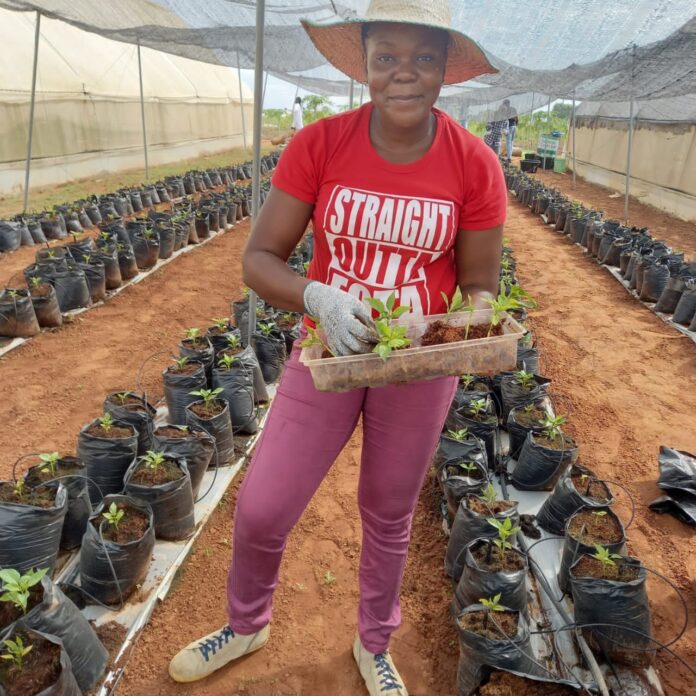With her experiences in food production, Amaka trains people every year in almost all aspects of agriculture. She will be hosting an international training in farming and food processing in August, in partnership with a farm in Porto Novo, Republic of Benin.
By Eberechi Obinagwam
With zeal to address the rate of food-related deaths in Nigeria, Amaka Chukwudum was inspired to venture into organic food production after researching the link between chemical-laden food and diseases. This sums the story behind the birth of Amicable Mondiale Farms.
Amaka, who has an MBA from Netherlands Business School, decided to major in organic food production where she grows foods, processes, packages and exports them.
“Seeing the rate of death and sickness in our society, I was led to research and found that many diseases are linked to what we eat. Uneducated farmers are using harmful chemicals in food production, which are supposed to protect and preserve us, but instead, are causing harm and even death,” she said.
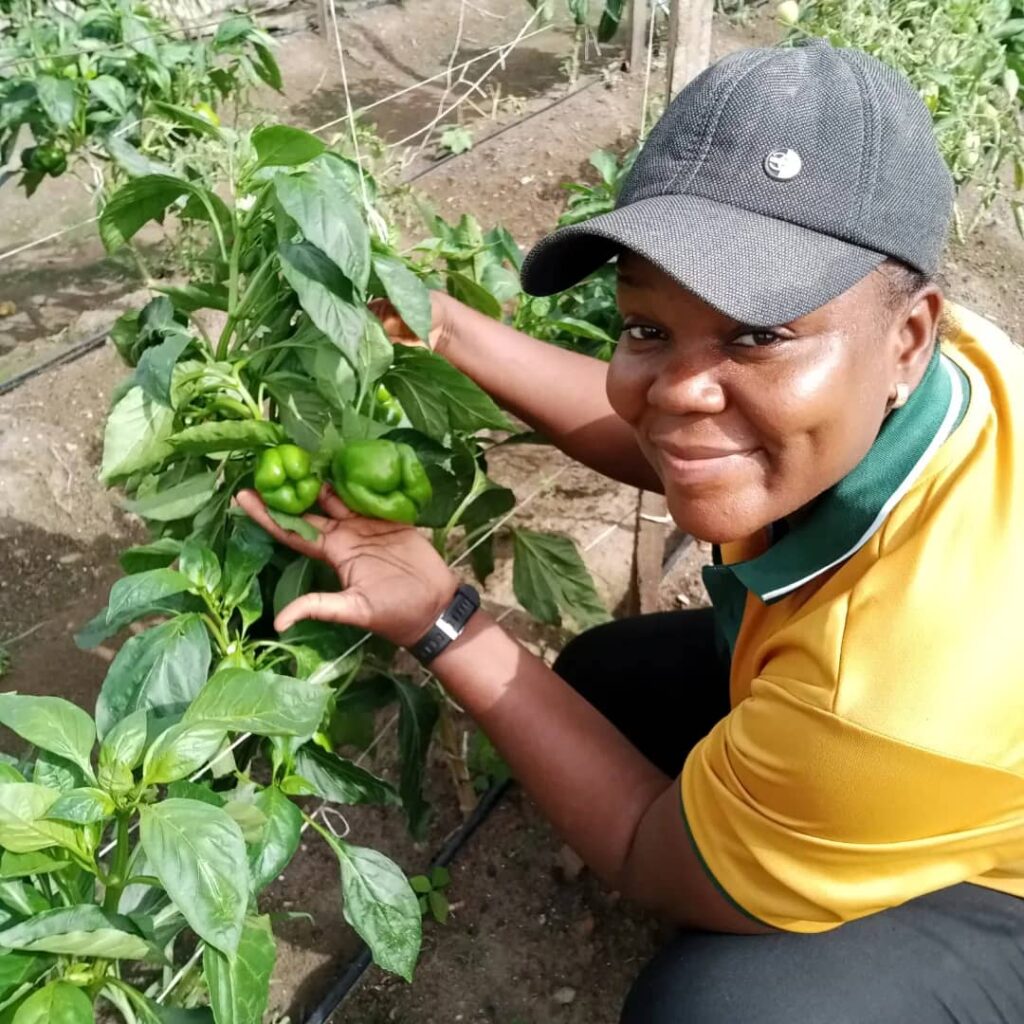
Starting up
To put the idea to reality, Amaka worked in different organisations to save up for the startup capital. “I started from nothing,” she said. “I used my knowledge to secure my startup capital. As a graduate of Education English from Abia State University, I worked as an educator for three years, a banker for six years, and a manager in other establishments to save up for this vision.”
Amaka started her first farm in her parents’ land in Anambra and bought her first land in Ogun with her savings in 2012.
To push further, she went into the rural Northern part of Kogi and struck a bargain with farmers by helping them increase their yield and then share the profit of the extra yield. That was where she started rice farming.
READ ALSO:
TheNiche Young Entrepreneur: Striking story of Oladunke’s Ofada Continental Restaurant
She currently has farms in Kebbi, Ogun, Niger and Anambra.
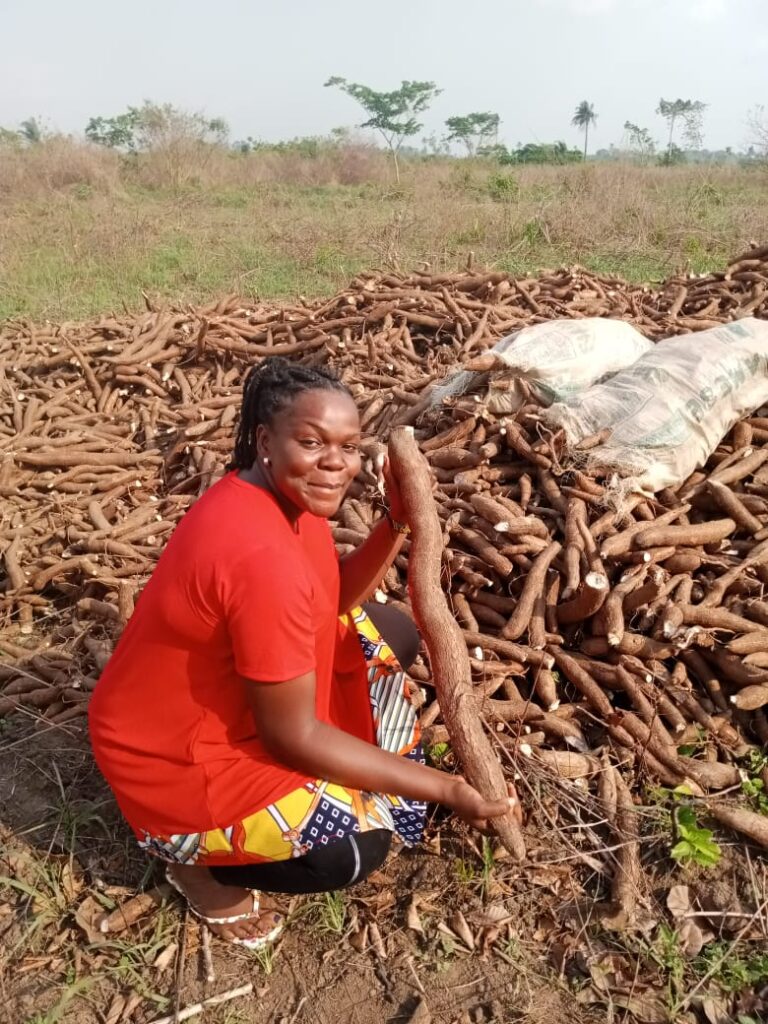
In Ogun where it has its major integrated farm of 13 acres of land, Amicable Mondiale has sections for cows, goats, rabbits, trees, quails broiler, indigenous chicken etc.
Despite her progress, Amaka acknowledged that capital remains a challenge.
“The need to acquire mechanization for the farm is still a big challenge that I have not been able to solve,” she admitted. “But so far, we are thriving.”
Market penetration
Amaka said market entry was relatively smooth because of the knowledge that healthy food is not negotiable. However, the initial challenge was getting products to market after harvesting.
“With the society’s knowledge that healthy food is not negotiable, it made our products sellable without much ado. People call us on their own for the chicken, vegetables and peanut oil,” she told TheNiche during an interview.
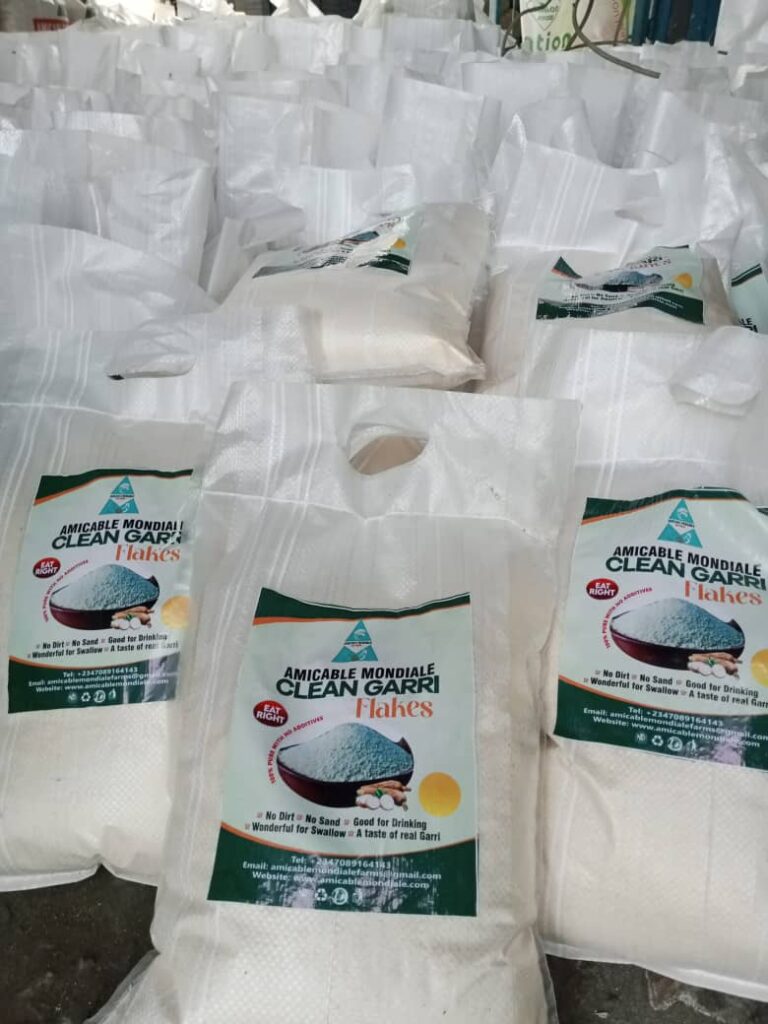
Unforgettable experience
Amaka recalls her first batch of rice farm which was devastated by herdsmen in Kogi State, leaving her with a significant loss. This experience strengthened her resolve.
“I remember my first batch of rice. After struggling with borrowed fund that I added to my savings, I was able to grow some acres of rice in 2016. Herdsmen invaded my farm and ate over half the farm. They resided at the farm for nine days and were feeding on my sweat. I ran to the security for help and was advised to go home and save my life first.
“Watching my labour of almost 3months eaten up by animals was a nightmare I still have till date. I could not forget that year in a hurry,” she said.
Breakthrough
Processing and adding value to her products, like undiluted groundnut oil gave Amaka a fresh perspective and competitive edge.
“When I started processing and adding value to my products, I got some fresh breeze,” she said, adding; “I started production of undiluted groundnut oil instead of selling raw groundnut.
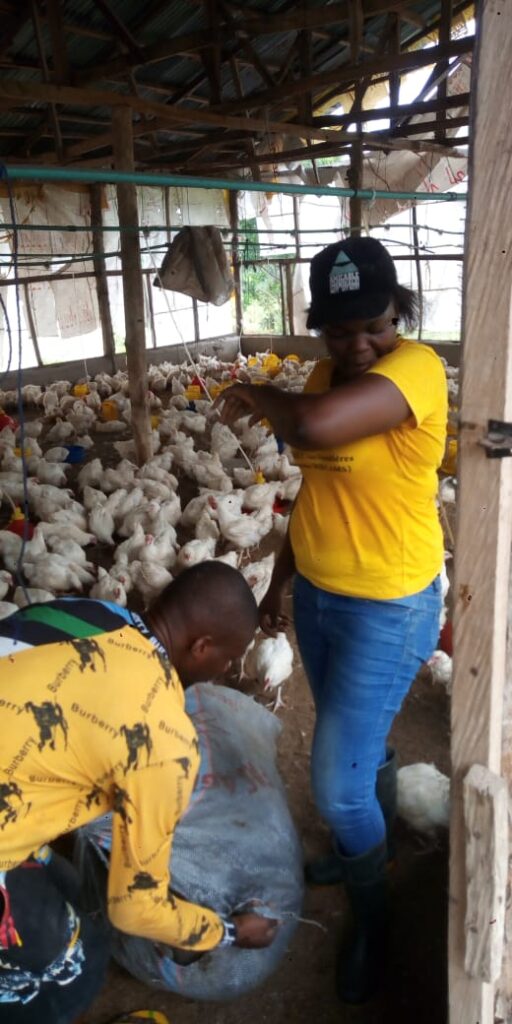
“People do not understand that the groundnut was grown without chemicals and refused to pay that extra for the extra cost of production but when we process, we come with an outstanding product that rarely have competition and people are always asking for it.
“When I sell raw tubers of cassava, the profit is nothing compared to processed cassava in Garri or foo-foo. So, value addition to my crops gave me some fresh air,” she enthused.
The challenges
Amaka said labour costs and mechanization expenses pose significant challenges. She added that Nigerian youths often shun farm work. Government support is also limited, she remarked.
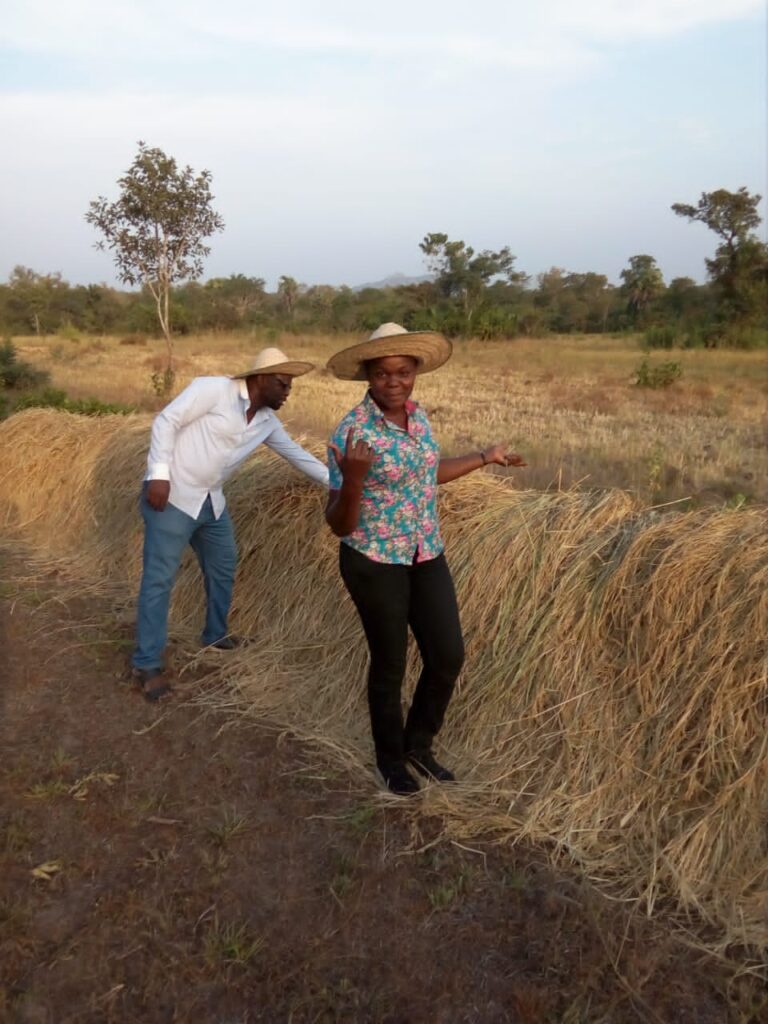
“Our particular challenge is in labour. The cost of labour is too high and Nigerian youths are not interested in farm work. We need to mechanize our farms and these machines are expensive,” she said.
Unique opportunities
Amaka believes Nigeria’s population and virgin production opportunities make it an ideal location for her business to thrive.
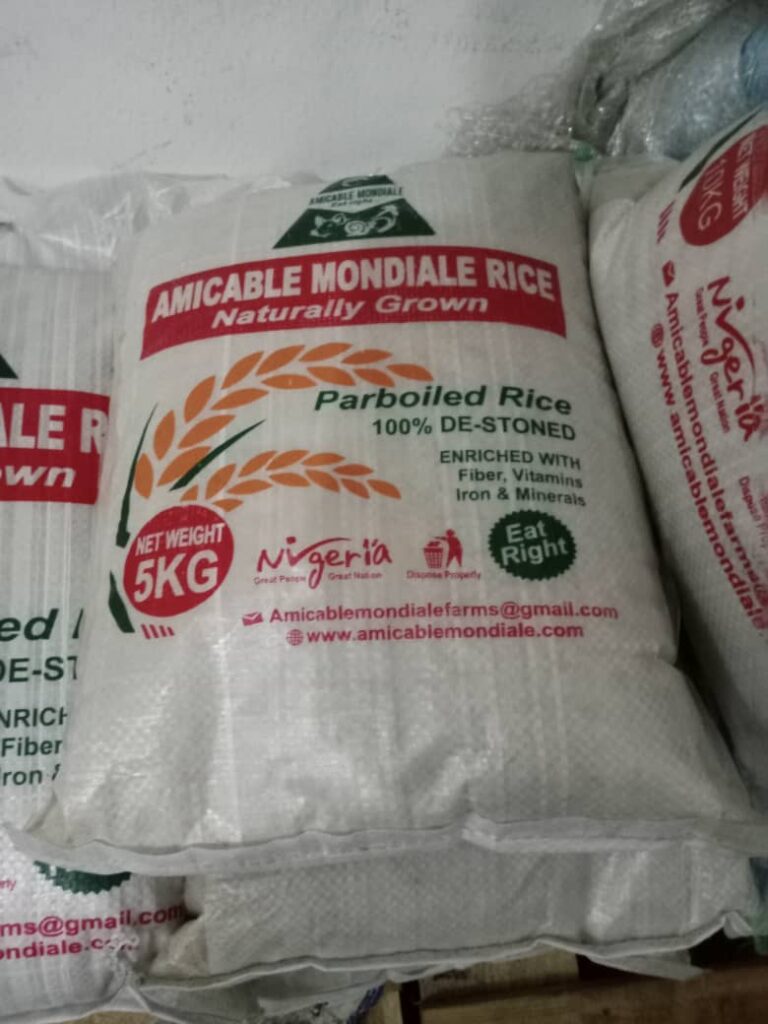
“Nigeria has a peculiar environment that you can hardly find in any other country. Our population is a real advantage and production is still virgin in Nigeria. Other developed countries will not give me the privilege I have in Nigeria,” she retorted on why Japa is not on the card for her.
She hopes for government support to overcome some challenges. “My only challenge is that government is not supporting farmers and institutions, instead, they are giving terms and conditions that are tough and almost impossible for a normal farmer in Nigeria.”
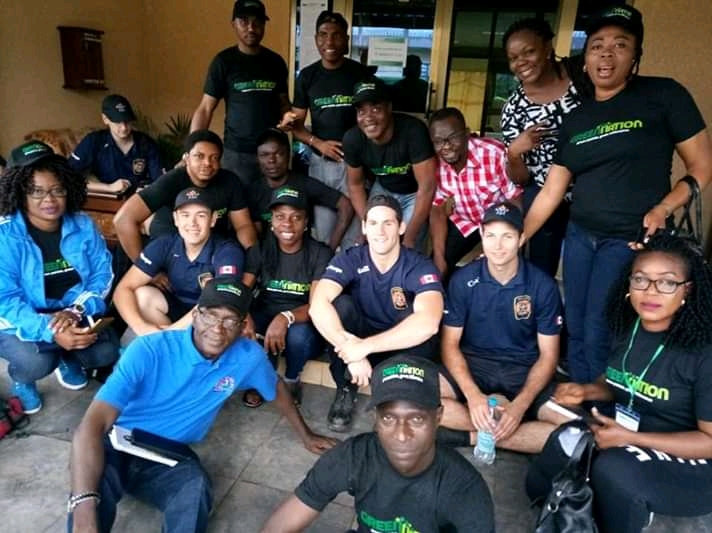
The trainer
With her experiences in food production, Amaka trains people every year in almost all aspects of agriculture. She will be hosting an international training in farming and food processing in August, in partnership with a farm in Porto Novo, Republic of Benin. She said registration for the event closes on July 15.
A profile
Amaka Chukwudum is a food security ambassador, entrepreneur, and social innovator with over 20 years of experience. She has received numerous awards and recognitions, including the ROWEAD award and International Women in Leadership Award.

She has served as a mentor to young women and youths in different international entrepreneurship programs of which she was awarded by Flourish African Female Entrepreneurship Program 2023 and has written several books on food production with the most popular called “Gold in the Bush“


